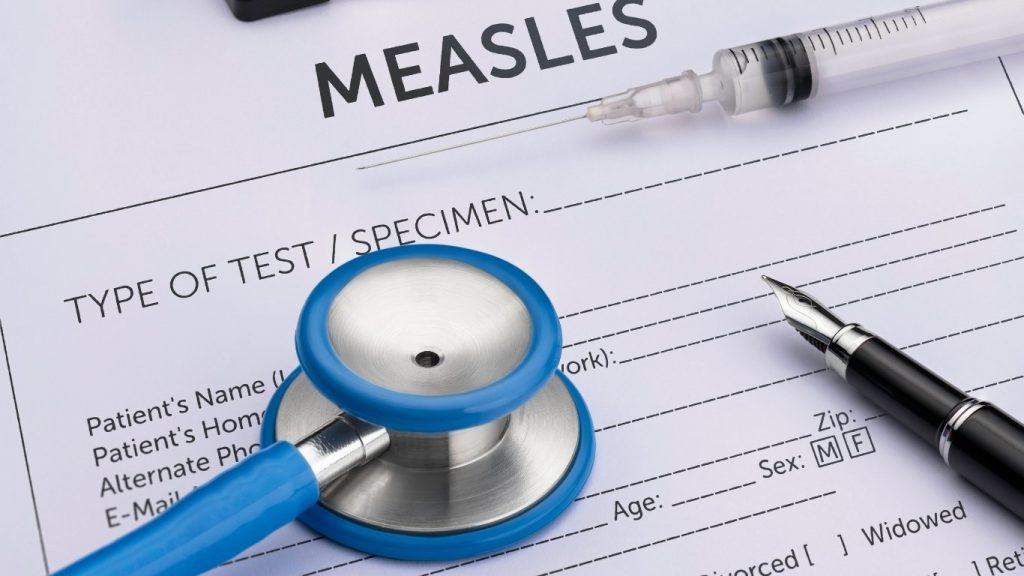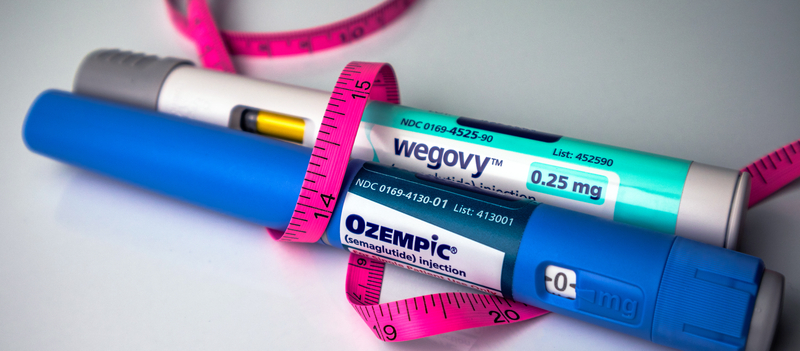All Stories
What Are the 27,000 Blue Flags on the National Mall? The Meaning Behind the 'United in Blue' Display
Over 27,000 blue flags now cover the National Mall in Washington, D.C.. This massive visual display marks a growing health emergency across the Uni...
- Victor Mejia
2026 Measles Spike: U.S. Cases Rise Fast as Outbreaks Grow
U.S. measles cases in 2026 have climbed quickly as outbreaks spread across multiple states and health officials warn that declining MMR vaccination...
- Subash Kafle
On Rare Disease Day, Black History Reminds Us: “Rare” Should Never Mean Invisible
Rare Disease Day was created to give voice to people living with conditions that are often overlooked, underfunded, and diagnosed too late. But for...
- Jessica Wilson
Protecting Our Communities Through Food Safety Reporting
For many families of color, the dinner table is a place of gathering and cultural heritage. However, systemic inequalities often mean that the food...
- Victor Mejia
Alysa Liu’s Comeback Puts a Spotlight on Mental Health and Healing in Communities of Color
At the 2026 Milano Cortina Winter Olympics in Italy this month, American figure skater Alysa Liu stood atop the podium, capturing gold in the women...
- Jessica Wilson
Blue Cross-Blue Shield of Kansas Earns Nation’s First Health Equity Accreditation
Blue Cross and Blue Shield of Kansas has reached a historic milestone in the American healthcare industry. The organization recently became the fir...
- Victor Mejia
Trending Topics
Features
- Drive Toolkit
Download and distribute powerful vaccination QI resources for your community.
- Health Champions
Sign up now to support health equity and sustainable health outcomes in your community.
- Cancer Early Detection
MCED tests use a simple blood draw to screen for many kinds of cancer at once.
- PR
FYHN is a bridge connecting health information providers to BIPOC communities in a trusted environment.
- Medicare
Discover an honest look at our Medicare system.
- Alliance for Representative Clinical Trials
ARC was launched to create a network of community clinicians to diversify and bring clinical trials to communities of color and other communities that have been underrepresented.
- Reducing Patient Risk
The single most important purpose of our healthcare system is to reduce patient risk for an acute event.



















